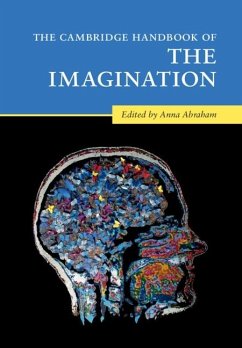
Habits (eBook, ePUB)
Pragmatist Approaches from Cognitive Science, Neuroscience, and Social Theory
Redaktion: Caruana, Fausto
Versandkostenfrei!
Sofort per Download lieferbar
71,95 €
inkl. MwSt.
Weitere Ausgaben:

PAYBACK Punkte
36 °P sammeln!
This book evaluates the potential of the pragmatist notion of habit possesses to influence current debates at the crossroads between philosophy, cognitive sciences, neurosciences, and social theory. It deals with the different aspects of the pragmatic turn involved in 4E cognitive science and traces back the roots of such a pragmatic turn to both classical and contemporary pragmatism. Written by renowned philosophers, cognitive scientists, neuroscientists, and social theorists, this volume fills the need for an interdisciplinary account of the role of 'habit'. Researchers interested in the phi...
This book evaluates the potential of the pragmatist notion of habit possesses to influence current debates at the crossroads between philosophy, cognitive sciences, neurosciences, and social theory. It deals with the different aspects of the pragmatic turn involved in 4E cognitive science and traces back the roots of such a pragmatic turn to both classical and contemporary pragmatism. Written by renowned philosophers, cognitive scientists, neuroscientists, and social theorists, this volume fills the need for an interdisciplinary account of the role of 'habit'. Researchers interested in the philosophy of mind, cognitive science, neuroscience, psychology, social theory, and social ontology will need this book to fully understand the pragmatist turn in current research on mind, action and society.
Dieser Download kann aus rechtlichen Gründen nur mit Rechnungsadresse in A, B, BG, CY, CZ, D, DK, EW, E, FIN, F, GR, HR, H, IRL, I, LT, L, LR, M, NL, PL, P, R, S, SLO, SK ausgeliefert werden.













